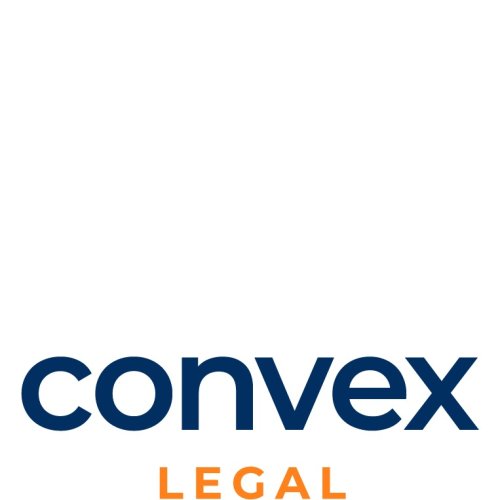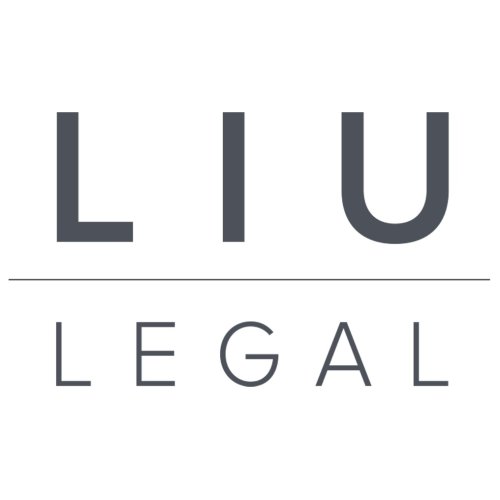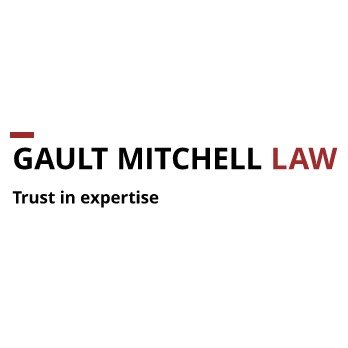Best ESG Advisory & Compliance Lawyers in Wellington
Share your needs with us, get contacted by law firms.
Free. Takes 2 min.
List of the best lawyers in Wellington, New Zealand
About ESG Advisory & Compliance Law in Wellington, New Zealand
Environmental, Social, and Governance (ESG) advisory and compliance is an expanding area of law and business practice in Wellington, New Zealand. ESG standards pertain to the ways organizations address environmental concerns, social responsibilities, and governance structures in their operations. The primary goal is to align business practices with national and international regulations, ethical considerations, and stakeholder expectations. With increasing scrutiny from regulators, investors, and the public, companies in Wellington are seeking expert legal guidance to navigate complex ESG obligations and opportunities.
Why You May Need a Lawyer
Legal help is often essential for organizations and individuals involved in ESG matters because of the complexity and evolving nature of related laws and expectations. You may need a lawyer if you are:
- Starting a business and want to integrate ESG principles from the outset
- Responding to regulatory investigations or audits regarding environmental or social practices
- Preparing sustainability or annual reports in compliance with legal requirements
- Managing supply chains to meet ESG standards
- Facing shareholder or investor questions about your ESG performance
- Evaluating mergers or acquisitions with significant ESG implications
- Risk assessing your operations for current and future ESG regulations
- Seeking to align with international ESG guidelines or certifications
- Implementing governance frameworks and compliance systems
- Addressing allegations of environmental harm, workplace discrimination, or lack of transparency
A lawyer can help you understand your obligations, minimize risk, prepare relevant documentation, and represent your interests in regulatory or legal proceedings.
Local Laws Overview
Wellington businesses must navigate a mix of national laws, regional requirements, and international standards when dealing with ESG concerns. Key areas include:
- Environmental Law: Operate under the Resource Management Act 1991, which regulates land use, water quality, air pollution, and resource consents. Additional requirements stem from climate change legislation and waste management policies.
- Social Responsibility: Laws such as the Health and Safety at Work Act 2015 and the Human Rights Act 1993 govern workplace safety, employee rights, and non-discrimination. Reporting obligations under the Holidays Act and Employment Relations Act may also apply.
- Governance: The Companies Act 1993 and the Financial Markets Conduct Act 2013 lay out director duties, disclosure obligations, and financial reporting requirements. Recent updates have increased ESG transparency demands, particularly for listed companies and entities regulated by the Financial Markets Authority.
- Reporting Standards: New Zealand is moving toward mandatory climate-related financial disclosures, making ESG reporting more comprehensive and standardized, especially for large and listed entities.
Local councils, including Wellington City Council, may set additional expectations or requirements regarding sustainability and social responsibility in procurement, property development, and community engagement.
Frequently Asked Questions
What does ESG mean for businesses in Wellington?
ESG stands for Environmental, Social, and Governance. For businesses in Wellington, it means operating responsibly in respect to the environment, people, and company leadership, as well as complying with legal and ethical standards.
Are there mandatory ESG reporting requirements in New Zealand?
Yes, certain organizations, especially large financial institutions and publicly listed companies, are required to prepare climate-related disclosures. These requirements are expanding to include more aspects of ESG.
What are the key environmental laws affecting Wellington businesses?
The Resource Management Act 1991 is the primary law, regulating use of land, water, and other resources. Wellington businesses must also comply with climate change legislation and local council policies.
How do companies demonstrate social responsibility?
Companies can demonstrate social responsibility through fair employment practices, non-discrimination, health and safety standards, community engagement, and transparent reporting.
Who enforces ESG compliance in Wellington?
Different regulators oversee parts of ESG compliance. These include the Environmental Protection Authority, the Financial Markets Authority, WorkSafe New Zealand, and the Human Rights Commission. Local councils may also be involved.
What are the risks of not complying with ESG standards?
Risks include legal penalties, fines, reputational damage, loss of investment, difficulty accessing markets, and potential civil litigation from affected parties.
Can small businesses benefit from ESG advisory?
Yes, small businesses can benefit by gaining investor confidence, improving operational efficiency, satisfying customer expectations, and mitigating legal risks.
What role do international ESG standards play in Wellington?
Many Wellington companies adopt or are influenced by international ESG standards such as those from the Global Reporting Initiative or United Nations Sustainable Development Goals, especially if they export or attract international investment.
How can an ESG lawyer help with supply chain compliance?
A lawyer can help ensure contracts, procurement processes, and supplier assessments align with ESG standards and reduce the risk of non-compliance throughout your supply chain.
What should I look for when choosing an ESG lawyer?
Look for a lawyer with experience in ESG advisory, knowledge of local and international regulations, and a clear approach to risk management and reporting. Ask about their familiarity with your industry and specific ESG challenges.
Additional Resources
If you need further information or guidance regarding ESG advisory and compliance in Wellington, consider consulting the following:
- Ministry for the Environment
- Financial Markets Authority (FMA)
- Environmental Protection Authority (EPA)
- WorkSafe New Zealand
- New Zealand Law Society
- Wellington City Council Sustainability and Environmental Services
- BusinessNZ and Sustainable Business Council
- Human Rights Commission
These organizations provide guidance on regulations, compliance, reporting, and best practices.
Next Steps
If you believe you need legal assistance related to ESG advisory and compliance in Wellington, start by clearly defining your ESG needs, challenges, or concerns. Gather all relevant documents including policy manuals, previous reports, and correspondence with regulators. Seek recommendations or search for law firms with ESG expertise and request a consultation. Prepare your questions in advance to ensure you understand your current obligations, potential risks, and the processes required for compliance and improvement. Legal advice will help you navigate regulations, avoid pitfalls, and build a culture of sustainability and responsibility within your organization.
Lawzana helps you find the best lawyers and law firms in Wellington through a curated and pre-screened list of qualified legal professionals. Our platform offers rankings and detailed profiles of attorneys and law firms, allowing you to compare based on practice areas, including ESG Advisory & Compliance, experience, and client feedback.
Each profile includes a description of the firm's areas of practice, client reviews, team members and partners, year of establishment, spoken languages, office locations, contact information, social media presence, and any published articles or resources. Most firms on our platform speak English and are experienced in both local and international legal matters.
Get a quote from top-rated law firms in Wellington, New Zealand — quickly, securely, and without unnecessary hassle.
Disclaimer:
The information provided on this page is for general informational purposes only and does not constitute legal advice. While we strive to ensure the accuracy and relevance of the content, legal information may change over time, and interpretations of the law can vary. You should always consult with a qualified legal professional for advice specific to your situation.
We disclaim all liability for actions taken or not taken based on the content of this page. If you believe any information is incorrect or outdated, please contact us, and we will review and update it where appropriate.

















